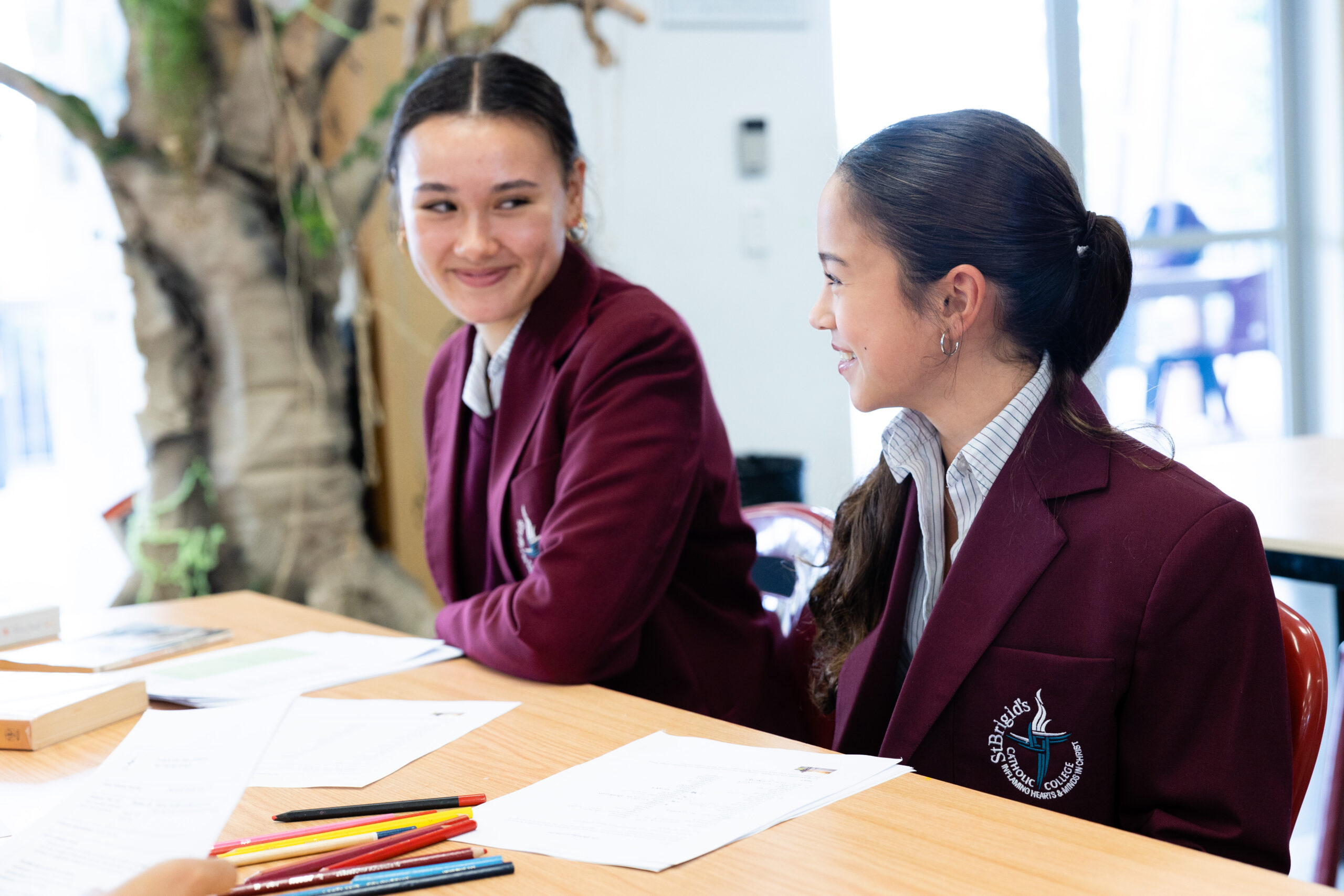A couple of weeks ago at the Year 11 Information evening I spoke to families about the importance of forming good routines and study habits to support student success and wellbeing. This doesn’t just apply to our Year 11 and 12 students it applies to all year groups as they journey through the school years. Research shows that routines support young people with their confidence, self-regulation skills and are part of the building blocks to positive mental health. Young people who learn to do this well are better able to adapt to everyday challenges, stressors, and new expectations and experiences. These habits are often built at first in the home but have an important place in schools and the classroom.
Homework and Assessment
As students move through the terms the amount of homework, assessment tasks and preparation for exams increases. So having good routines at school and home helps students to move through these more stressful periods with ease. We have outlined on page 40 of the Parent Handbook the hours that students could be doing per day. These times help to guide students and help them to understand the importance of the time at home that they dedicated to schoolwork.
Classroom routines and structures
Classroom environments that enable students to engage and focus on the lesson content are foundational for learning success. Rules and routines support both the students and teachers in being ready to engage and facilitate their learning. We value both these things at the College and in every classroom and learning space.
Rules and Routines
A rule is usually a short instruction for conduct or action that everyone is expected to know, follow and refer to regularly. These are implemented by the teacher and are an expectation that is required of the students.
Routines are sequences of recurring tasks or actions used to guide student learning and success.
(AERO, 2024)
Our College Lesson routines and structures:
- Explicit Instruction: Provides all students with explicit instructions on what is required from the lesson including learning intentions and success criteria. This can include asking the students what they need to do, posing questions, and encouraging students to participate rather than be passive. Students should be able to walk away from this and know what they need to do or be in a place to ask more questions to support their learning.
- Independent or Group Practice: Students can now engage with the learning and showcase what they know through a range of learning strategies to meet the requirements of the course, the engagement of the class and extend their thinking.
- Reflection/Share: This routine could ask students to provide evidence of their learning whether it be as an individual, group, or pair strategy. It could be to showcase excellent work that all students could learn from for subsequent lessons.
Why are the rules and routines important?
- Students are more able to demonstrate what is expected of them.
- Ensure students know their teachers’ expectations during the learning process and therefore can be active participants.
- Clear routines and rules will help students achieve their goals.
- Predictability and safety in a learning environment that includes routines contributes to positive relationships and learning success.
Furthermore, routines at home will:
- Teach organisation skills and time management.
- Foster independence and teach the importance of structure.
- Build confidence and successful experiences.
- Establish good routines that can set them up for life.
Next week we hold the first of the two parent/teacher conferences via zoom. These conferences are foundational to building the connection between student learning, engagement, and support both here at school and at home. These evenings provide the opportunity for teachers to share the routines, structures, upcoming assessment, a reflection of the strength and areas for improvement. It further provides parents the opportunity to ask questions that will support and help you and your child through their learning. You can find the information for these two evenings on Compass.
Mrs Alex Walters
Assistant Principal, Student Achievement


